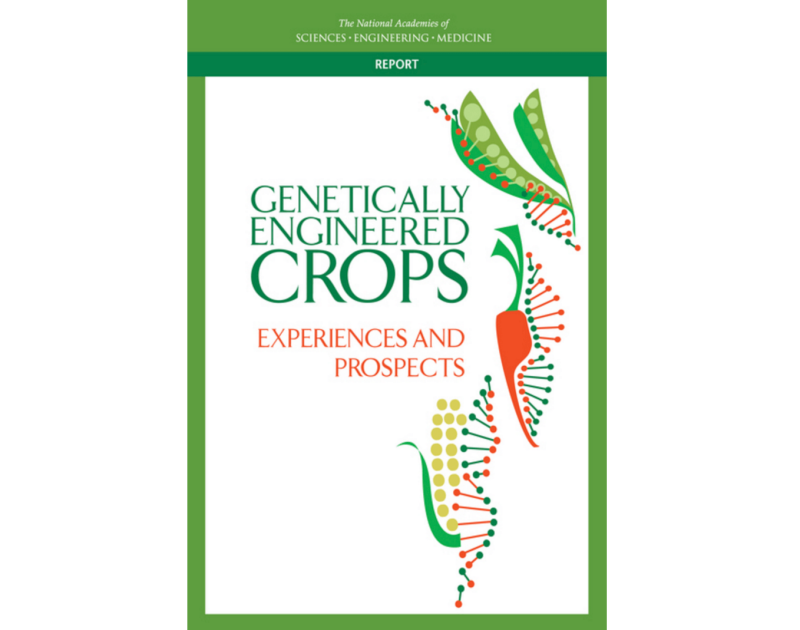[Editor’s note: The following is a letter to the editor of the Chronicle of Higher Education from the Committee on Genetically Engineered Crops at the National Academies of Sciences, Engineering, and Medicine.]
You recently published an article titled “Under Fire, National Academies Toughen Conflict-of-Interest Policies” (The Chronicle, April 25). A premise of the article is that this toughening was triggered by claims of personal conflicts of interest “tainting” the Academies’ report on genetically engineered crops (GE crops) that we authored.
The Academies have already gone on record to dispute this false claim, but our concern is that you have specifically sown undeserved doubt about the credibility of the GE crops report by uncritically conveying claims made in one article without considering a larger body of evidence contradicting that article’s conclusions. For example, no mention was made of leaders of 15 academic societies (ecology, sociology, economics, toxicology, science ethics, and agriculture) who independently examined the report and published an article titled “National Academies Report Has Broad Support”. That strong endorsement is inconsistent with your conclusion that the National Academies “reputation has been challenged” because of the GE crops report.
…
The National Academies did check for conflicts of interest within our 20-member committee based on the Academies’ criteria, and they found none. However, the Academies’ scrutiny of the report for bias didn’t stop there.
…
The GLP aggregated and excerpted this blog/article to reflect the diversity of news, opinion, and analysis. Read full, original post: National Academies Report on Genetically Engineered Crops Guarded Against Bias































